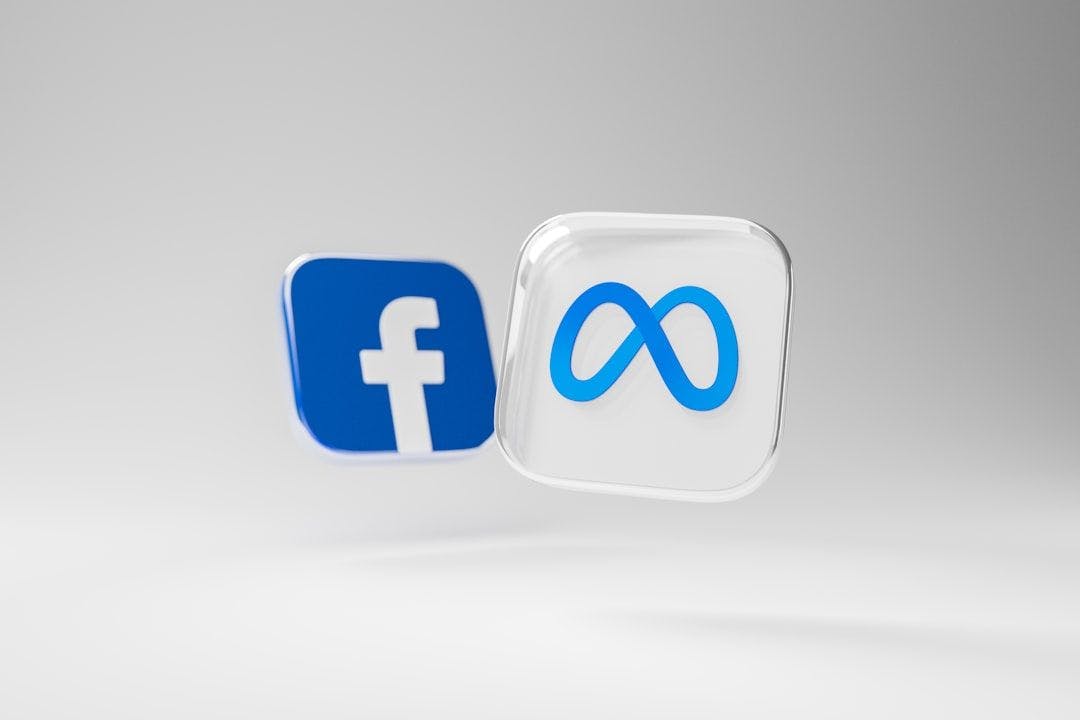Yelp Launches AI Tools to Manage Restaurant Calls, Reservations, and Bookings


Yelp’s new AI-powered tools promise to answer calls, take reservations, and manage bookings for “understaffed” restaurants.
The twin solutions, Yelp Host and Yelp Receptionist, mark a new chapter in the company’s evolution as it leans heavily into artificial intelligence to streamline customer management “around the clock.”
The move signals a deeper shift in the hospitality and service industries toward automation. Yelp is no longer just a review platform; it’s positioning itself as a digital infrastructure provider for small and medium businesses struggling with labor shortages and rising operating costs.
Register for Tekedia Mini-MBA edition 18 (Sep 15 – Dec 6, 2025): registration continues.
Tekedia AI in Business Masterclass opens registrations.
Join Tekedia Capital Syndicate and co-invest in great global startups.
Register for Tekedia AI Lab: From Technical Design to Deployment.
Host, an AI agent, can answer calls from guests and manage tables, according to Yelp. The system can take reservations over the phone, modify or cancel bookings, provide real-time waiting times, and even capture special requests. It can also answer common questions — like whether the restaurant offers vegan options or welcomes dogs — and send guests links to menus or help them join waitlists. The AI can also trigger automated follow-up texts to place pickup or delivery orders.
The company first previewed Yelp Host in April. The service will be available to restaurants starting from $149 per month, or $99 for existing Yelp Guest Manager customers. New features are already in the pipeline. Yelp said Host will soon be able to add diners directly to the Yelp Waitlist “in the coming weeks,” a feature designed to further reduce friction between customers and restaurant staff.
Alongside Host, Yelp is launching Yelp Receptionist, another AI agent built to handle incoming calls for businesses. Like Host, Receptionist will respond to customer questions, collect details needed to vet leads, provide quotes, and schedule appointments. Both AI systems come pre-trained on Yelp’s business data and are designed to “work out-of-the-box to answer calls 24/7, or only when extra coverage is needed.”

Receptionist will first roll out to “eligible” businesses, starting at $99 per month, with a wider release planned “in the coming months.” Yelp said it intends to make the feature accessible to local businesses across various sectors, from restaurants and salons to home service providers.
These AI products are part of a larger slate of updates announced during Yelp’s fall release roster. Other features include expanding its AI chatbot assistant to all platforms and Canada, a new visual recognition tool that lets users point their phone at a menu to instantly bring up related photos and reviews, and an AI-powered voice search that allows users to find services “by searching like how you’d speak.” Yelp has also been experimenting with AI systems that summarize customer reviews and automatically create composite restaurant profiles by stitching together user-generated content.
Vocal AI agents like Host and Receptionist are part of a broader trend in the service economy. Companies such as DoorDash, Uber Eats, and OpenTable have been testing automation as a way to help restaurants cope with staffing challenges and improve operational efficiency. For many restaurants, especially independent ones, hiring full-time hosts or receptionists is a growing expense. Yelp’s tools aim to fill that gap — not by replacing staff entirely, but by giving them digital assistance that never sleeps.

The timing of Yelp’s push is strategic. Across the U.S. and other markets, restaurants continue to struggle with rising labor costs and high turnover rates. According to the National Restaurant Association, 62% of operators say they don’t have enough staff to meet customer demand. AI-driven support tools could therefore become a lifeline for small businesses looking to scale service quality without hiring more employees.
Yelp’s move also mirrors broader shifts in how technology companies are approaching conversational AI. Google’s Duplex, for example, allows users to ask Google Assistant to make restaurant reservations or hair appointments over the phone — speaking directly to humans in natural language. Yelp’s Host and Receptionist flip that dynamic. Instead of the customer outsourcing their calls to AI, businesses are now doing it. The result is a system where, increasingly, AIs are talking to AIs.
This inversion also underlines how differently major tech players see the future of AI-mediated interaction. Google’s Duplex, though powerful, is fundamentally consumer-oriented: its goal is to help users skip queues and manage errands. Yelp, by contrast, is focusing on the business side — embedding AI directly into the workflow of customer-facing industries. The difference highlights a quiet divide emerging in the automation race: one side building tools for users, the other building tools for those being called.
DoorDash is taking yet another path. Earlier this year, the food delivery giant began testing AI voice ordering for restaurants that struggle to answer phone calls during rush hours. Using automated voice models trained on restaurant menus, the system can take phone orders and send them directly into a restaurant’s point-of-sale system. Like Yelp, DoorDash said the feature was designed to reduce missed calls and increase sales.
The growing adoption of these systems signals the rise of a new kind of digital employee — one that lives in the cloud but manages human interaction with uncanny efficiency. Still, it raises questions about authenticity and the loss of the “human touch” in service encounters. While Yelp emphasizes that its AIs can hand off complex or emotional conversations to real staff, the company is betting that many customers won’t notice — or won’t mind — when they’re talking to a machine.
The question now is whether businesses and their customers will embrace the change. Early adopters say AI scheduling tools have improved efficiency and cut no-show rates, but others worry that the technology could depersonalize the hospitality industry.




